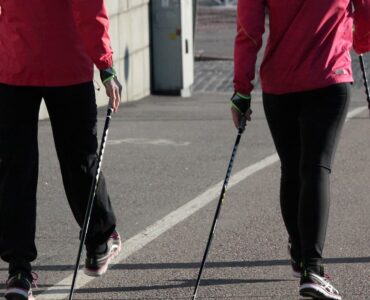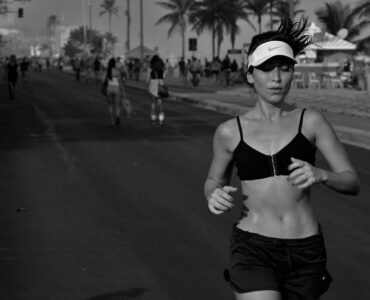It’s no secret that sports and physical education are directly related to health. The modern rhythm of life greatly simplifies many aspects of it. Public transportation, the subway and cars allow us to get from point A to point B faster, which is undoubtedly convenient and affordable, because mankind has always been in an effort to improve anything, to reduce various processes. Together with the information-digital age came to us smartphones, computers, e-books, which are designed not only to simplify human life and perform pre-set functions, but also to occupy our free time.
In doing so, by simplifying many aspects of daily life, most of us have pushed physical activity to the back burner. Few adults can remember the last time they did even a trivial morning exercise, which helps accelerate the awakening of the body and warm up the muscles.
Undoubtedly, the constant presence of such a rhythm of life could not but affect the health and physical condition of most people. A person’s functional abilities tend to decrease. Deteriorates blood circulation in bone tissues, which often leads to brittle bones and, consequently, to fractures. The amount of muscle without proper exercise and proper nutrition decreases and the amount of fat increases. Fat, in fact, soon begins to replace muscle.
One of the most important and extremely negative features of such a lifestyle is the impact on the internal organs and the cardiovascular system of the person. The heart muscle ceases to work to its full capacity, making it vulnerable to various factors. The risk of heart failure increases and the threshold of vulnerability to critical blood pressure decreases. A person becomes vulnerable to a heart attack or stroke.
Now let’s finally look at those aspects of sports that affect a person’s health with exercise and other physical activity. For starters, sports directly contribute to a person’s immunity and blood composition. Few people would have thought, but regular exercise can actually change the composition of the blood by increasing the number of red blood cells and lymphocytes, which we need. The task of these cells is the fight against and subsequent neutralization of many harmful factors affecting the body and coming from outside. We all know that physically healthy people fall ill much less often than others, because a strengthened immune system does not allow itself to fight off many viruses and diseases.
Another important advantage of a healthy lifestyle is to strengthen the musculoskeletal system. In the course of active life we see not only external changes, such as the increase in the volume of muscles in the active zones, constantly exposed to stress, but also internal, much more important for health. Regular exercise changes the chemical composition of muscle tissues and increases their energy content.
Also, constant physical activity not only improves the oxygen supply to the muscles, but also creates new blood vessels. The importance of sports on the development of brain activity has long been pointed out. Muscle work creates a feeling of lightness, vigor and satisfaction. Also, oddly enough, the nervous system improves and develops. This is due to the fact that during physical activity coordination activities are constantly manifested. Sports have a positive effect and contribute to the formation of new conditioned reflexes. Together with physical activity the brain adapts to the rapid and balanced decision-making, and learns to respond faster to stimuli.
It is impossible not to mention the improvement of metabolism – the metabolism. A trained body is better able to regulate blood sugar levels. Accelerated metabolism improves the absorption of nutrients, which contributes to the rapid flow of most chemical processes in the body.
When exercising, the body’s need for oxygen increases dramatically, so the more the muscular system works, the more vigorously the heart and lungs work, breathing becomes deeper and more intense. Also in some diseases, dosed physical activity slows down the development of the disease process and contributes to a more rapid recovery of impaired functions. Physical exercise stimulates the body’s defenses and increases overall tone.



